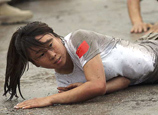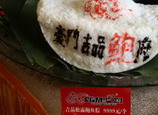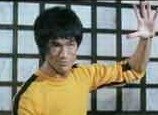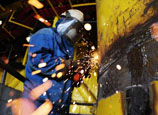
At the end of the Qing Dynasty, a tremendous transformation impacted China’s old education system. The shuyuan was replaced by modern schools and the traditional Confucian education system faded away.
Even after the collapse of Qing Dynasty, in Hong Kong and Taiwan people continue to use the term “shuyuan” in higher education institutes. Although this ancient name has been carried forward, the actual meaning is completely different – it usually means the colleges or faculties of a university.
Nowadays, the shuyuan has been revived as part of changing cultural trends. Some ancient shuyuans have been resuscitated to coincide with the modern higher education system. For example, Yuelu Shuyuan, firstly founded in 976, has become a college of Hunan University. Covering the majors of history, classical philosophy and archeology, this 1000-year-old campus has been revived and is once again training students.
Meanwhile, these “neo-shuyuan” have attracted more and more attention. Qibaoge Shuyuan or Boya Shuyuan teach traditional Confucian ideas to children and adults and share academic resources with people from all walks of life, giving them an opportunity to study the classics. As an effective supplement of public education, these modern shuyuans combine ancient wisdom with contemporary knowledge. Their ideas pertaining to early education have been recognized by many parents. As Professor Lou Yulie stated, he hopes these modern shuyuans can shoulder a growing amount of academic responsibility, eventually moving beyond beyond basic education.


















 Sick girl realizes dream on the stage
Sick girl realizes dream on the stage


![]()
